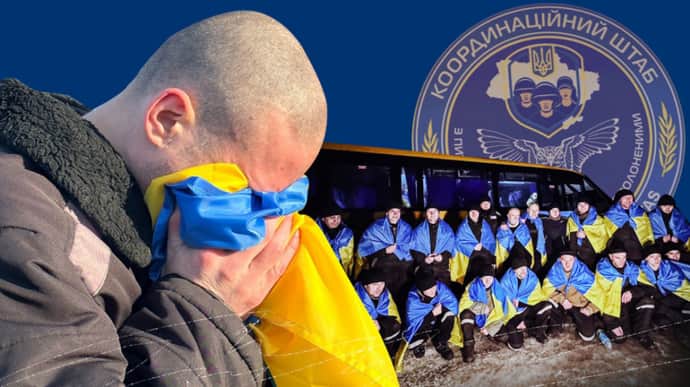Sexual violence as form of torture: UN Commission finds new evidence of Russia's torture of Ukrainian prisoners

The UN’s Independent International Commission of Inquiry on Ukraine has uncovered new evidence of Russia's torture of Ukrainian civilians and prisoners of war in the occupied territories. The findings indicate that Russian forces are operating in a coordinated manner across all torture chambers and regularly commit acts of sexual violence.
Source: Ukraine’s Coordination Headquarters for the Treatment of Prisoners of War, citing a new report by the Commission
Details: New acts of torture are described in the Commission’s report.
Erik Møse, Chair of the Independent International Commission of Inquiry on Ukraine, stated that "the wide geographic spread of locations where torture was committed and the prevalence of shared patterns demonstrate that torture has been used as a common and acceptable practice by Russian authorities, with a sense of impunity".
The Commission identified further common elements in the use of torture by the Russian authorities, noting that such practices are carried out systematically.
One notable element is the consistency of practices observed in the detention centres where Ukrainians were held.
Another common feature is the regular use of sexual violence as a form of torture in almost all of these detention centres.
Former detainees have testified that Russian prison staff working in the occupied territories said they had received orders to inflict brutal treatment.
Many places of detention do not provide adequate medical care, the report says. In one institution, even the detention centre’s doctors were involved in torture.
Quote: "These violations have left many of the victims with grave or irreparable physical harm and trauma. Most of them emphasised the deep psychological impact of these experiences for them and their families.
Some reported immense challenges in reintegrating into society and relating to their loved ones. They invoked a need for psychological and social support for themselves and their families."
Support UP or become our patron!





